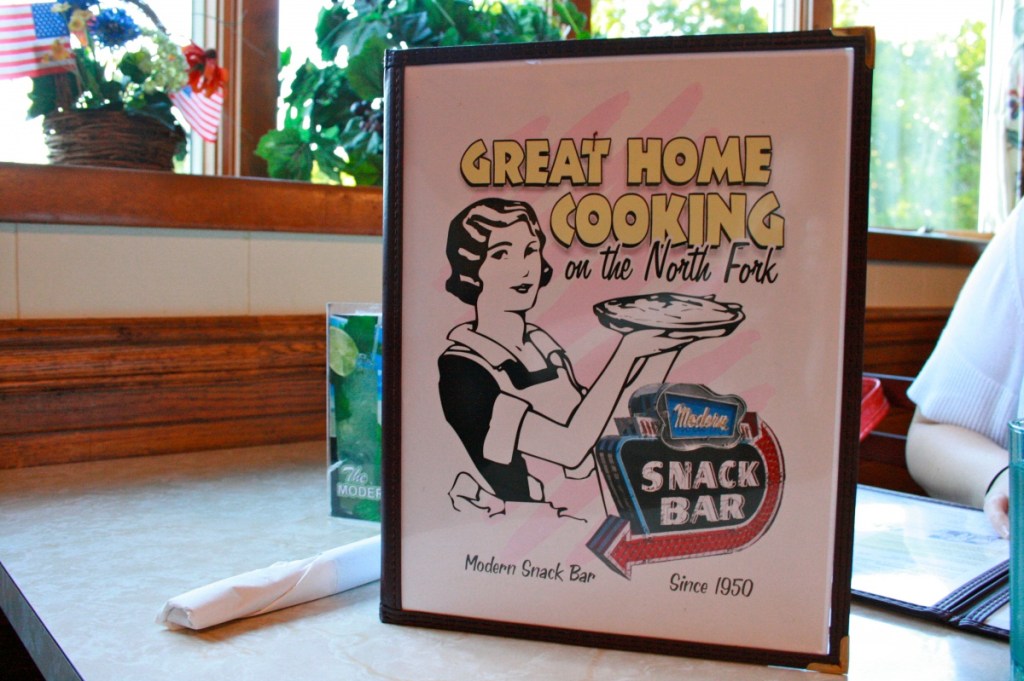Thanks But No Thanks

A proposal to raise the minimum wage for New York State food service workers doesn’t appear to have much support from restaurant owners — or the workers the proposed bill is designed to help.
A bill introduced by Assemblywoman Ellen Jaffee and a sister bill championed by Senator Andrea Stewart-Collins would gradually raise the minimum wage paid to service workers until it reaches parity with the standard minimum wage.
The Hamptons, a resort area and a hotbed for many who rely on tips to survive, would be severely affected, said Mark Smith, the owner of four restaurants in East Hampton. “Restaurants will not be able to absorb the costs, which are significantly higher out here,” Smith said. He estimated menu prices would have to increase at least 20 percent, and tips would likely have to be eliminated.
“All of our employees make more than the [minimum wage.] Why would they want that form of pay?” Smith asked. He should know; he is co-owner of Nick & Toni’s, one of the premier restaurants in the Hamptons, as well as Townline BBQ, Rowdy Hall, and La Fondita.
“For many years, employers of food service employees have been provided with a credit that reduces the hourly minimum wage paid to employees receiving gratuities. These employers now pay $7.50 per hour to workers, so long as workers receive on average the difference between their reduced minimum wage and the statutory minimum wage in tips,” the sponsors wrote in the bill’s introduction.
The rate would gradually rise if the bill passes.
On Long Island, the state minimum wage increased to $11 per hour on December 31 and will climb annually until it reaches $15. Employers here pay tipped workers a minimum of between $7.50 and $9.15 per hour, depending on their job title.
Some restaurant owners said they would have to eliminate tipping altogether to absorb the costs of the increased minimum wage — and that’s an idea that has proved unpopular most every place it’s been tried.
In Maine, voters approved a referendum to increase the minimum wage for service personnel in November 2016. But by May, servers were in open revolt and “actively campaigned to overturn the results of the referendum,” according to the Washington Post. Last June, the Maine house voted to reduce the minimum wage.
In the swanky Hamptons, waiters, waitresses, bartenders, and the like will gladly take their chances without any change in the minimum wage. “Ninety seven percent of servers surveyed were not in favor,” Smith said.
Danny Meyer of Union Square Hospitality Group, one of the world’s most influential restaurateurs, was an early backer of the plan to raise wages. According to an October 2017 article by Keenan Steiner in the New Yorker, Meyer believed “hospitality included” pricing would “save the industry.”
The coming months didn’t go smoothly for him. “The majority of our strongest people have left,” one former manager at Union Square Cafe told Steiner.
Elizabeth Dunn, writing about the matter in the New Yorker two months ago, wrote “when Danish restaurateur Claus Meyer opened his new-Nordic restaurant Agern in 2016 he decided that, in adherence to Danish tradition, the restaurant would not accept gratuities.” Two years later, Meyer announced that Agern would abandon that so-called hospitality-included model in favor of a traditional tipping system, and that menu prices would decrease accordingly. The reason: employees rebelled against the new price structure.
But the sponsors of the bill see another side. Allowing for the tip credit has created many inequities in food service work, proponents of the bill said. “Employees who are not made whole by gratuities face arduous legal processes to recover their owed wages, involving complicated record-keeping and inadequate legal remedies,” according to the bill.
Reliance on tips has also created an environment in which workers are victimized, and in some cases, encouraged to turn a blind eye, to rampant discrimination and sexual harassment by clientele and managers, the lawmakers said.
Owner Richard Bivona and manager John Kalogeras of the Princess Diner in Southampton were arrested last year on felony criminal charges after being accused of repeatedly failing to pay 13 restaurant workers more than $82,000 in wages over the course of more than four months last year, in addition to continually lying to them about when they would be paid. The pair were convicted and jailed.
Last week, hundreds of restaurant owners gathered at an administrative hearing in Nassau County. Many said, if passed, it would cause layoffs in their establishments. But Smith said that wasn’t an option during the busy East End summer. “You need a certain amount of people on the floor,” he pointed out.
Eight states — Alaska, California, Maine, Minnesota, Montana, Nevada, Oregon, and Washington — have eliminated the tipped credit and required employers to pay the full minimum wage to employees. “Those states have seen growth in the restaurant industry and a more equitable and experienced work force,” Jaffee and Collins claimed. “It is time for New York to join other states and improve the working conditions in the restaurant industry by eliminating the sub-minimum wage.”
Assemblyman Fred Thiele said the initiative to raise the pay for restaurant workers comes from Governor Andrew Cuomo, who has also appointed a committee to host administrative hearings. “Let’s face it; he wants to run for President,” said Thiele. “The governor is pressing this issue.”
Thiele noted his district — The East End — is flush with food service workers, many of whom make far more than the minimum wage when tips are factored in. He said that if the bill ever gets traction and comes up for a vote, he would do his due diligence on it. “However, I’m leaning against it,” Thiele said.
rmurphy@indyeastend.com



